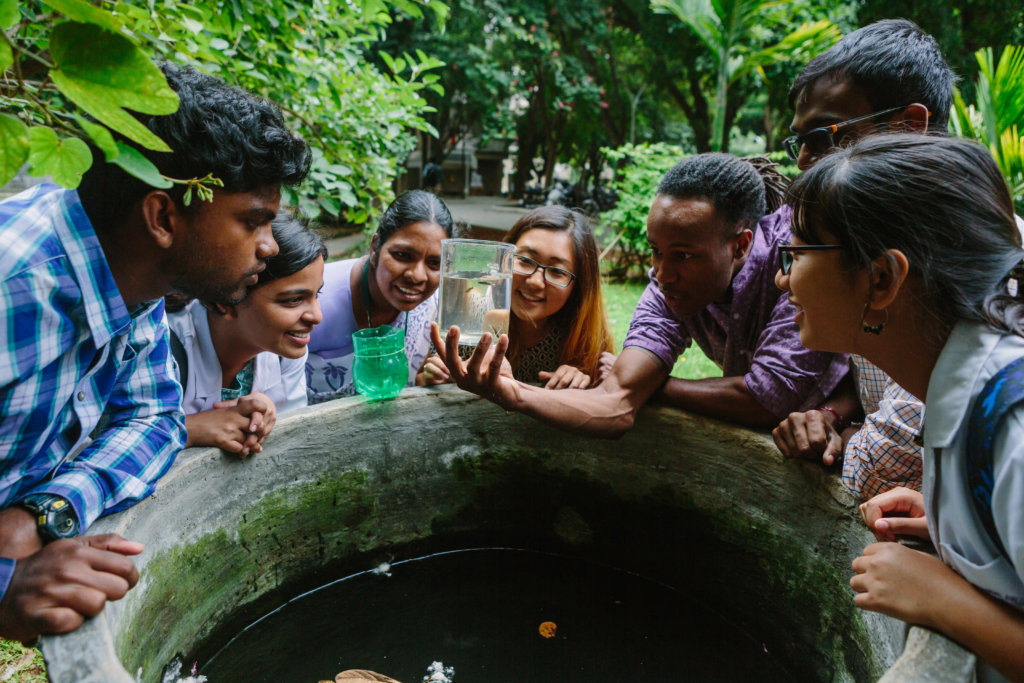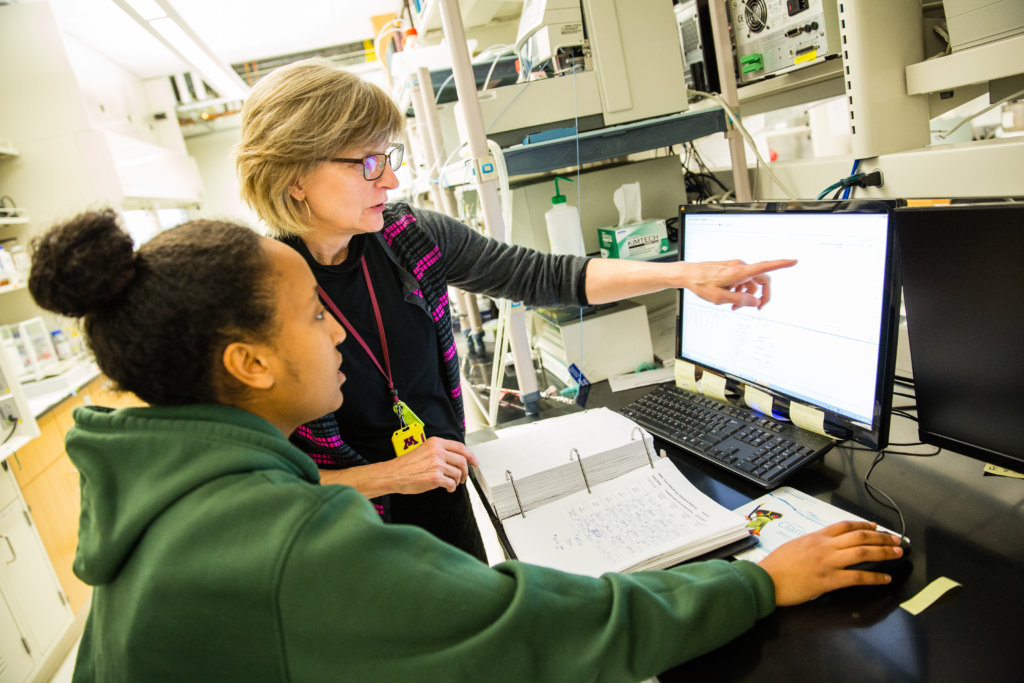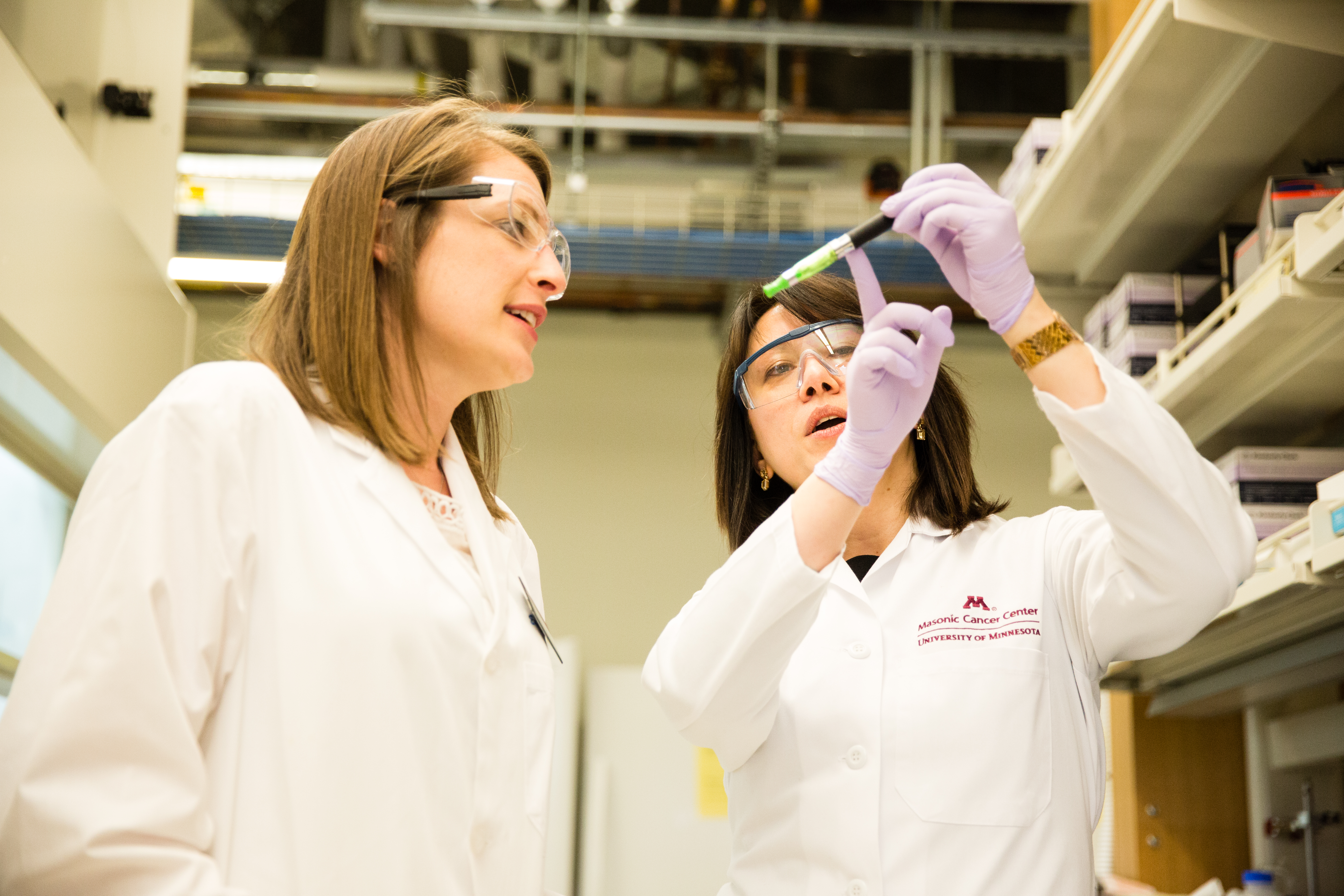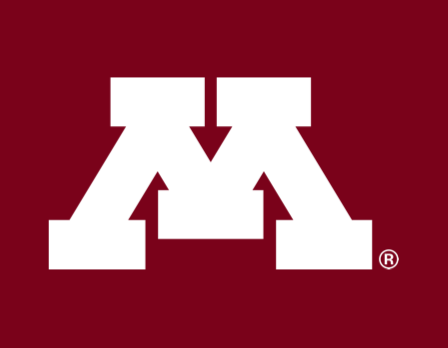The COVID-19 pandemic has put the public health sector into sharper focus. While professionals have been praised for keeping society afloat, their work has been demolishing threats of all sizes before they were even made known to the public. Their work is paramount and it’s hardly ever over. To shape the future of global healthcare, the world needs all hands on deck.
Hence, Sophie Zielke’s decision to pursue a Public Health Administration and Policy Master of Public Health (MPH) at the University of Minnesota (UMN). It was the ideal degree for her.
UMN is home to a School of Public Health (SPH) that effortlessly maintains its reputation as one of the world’s best. Its programmes are just as prestigious. Zielke knew the one she chose would undoubtedly help her spotlight the importance of prevention in a world more focused on treatment.
“My favourite class so far is the Healthcare System and Public Health course taught by Associate Professor Ezra Golberstein,” she says. “It’s the most comprehensive, helping students understand the healthcare system as a whole, no matter what job they take on within the sector.”
UMN SPH offers four distinct degree types, numerous dual degrees and several programme minors that open just as many doors. They cover the entire range of public health topics essential for a healthy world, including racism, climate change, and emerging infectious diseases.
Its MPH offers nine concentrations: Community Health Promotion; Environmental Health; Epidemiology; Maternal and Child Health (standard and advanced standing options); Public Health Administration and Policy; Public Health Administration and Policy (executive programme); Public Health Data Science; Public Health Nutrition; and Public Health Practice (executive programme). The School also offers a Master of Healthcare Administration (MHA), as well as Master of Science programmes in Biostatistics, Clinical Research, Environmental Health, as well as Health Services Research, Policy and Administration.
All routes lead to rewarding outcomes — history confirms this. ’90 MHA graduate Joseph Hellie is currently the vice president of Strategy for CentraCare and Liaison Officer for Health Coordination for the Minnesota State Emergency Operations Centre, where he was tasked to play a paramount role in strategising state-wide response efforts against COVID-19.
“The MHA programme provided me with the foundation I use every day in both this current role and in my executive role at CentraCare: problem-solving, relationship development, and leadership,” he explains.
More recent graduates are equally trusted to take on such duties. For example, MPH ‘19 alumna Marla Khan-Schwartz is a vaccine operations coordinator for Hennepin County’s COVID-19 response. She credits the signature UMN experience and her degree’s experiential opportunities for equipping her with all the right knowledge and skills for her career.
“Many of the planning processes and the framework we use for emergency and disaster response were discussed in courses I took as a student at SPH,” she says. “One experience I had as a student that prepared me particularly well was during my field experience when I had the opportunity to work with the Minnesota Department of Health to help create a pilot Behavioural Health Medical Reserve Corps. I’m proud to say that the group still functions as a team and is deployed when requested.”

UMN SPH offers four distinct degree types, numerous dual degrees and several programme minors. Source: University of Minnesota
Such outcomes are guaranteed to learners at UMN SPH vying to follow in the footsteps of changemakers like Hellie and Khan-Schwartz — and possibly in a shorter timeframe. They have early exposure to research to thank for this.
UMN SPH’s research has spearheaded many breakthroughs, including the following: innovated legislation that allows Medicaid payment for services from a certified doula for pregnant women in Minnesota; legislation that requires all new and remodelled buildings to be fully accessible to people with disabilities; the first comprehensive definition of childhood abuse and neglect; the first model to predict the probability of complications from radiation therapy; the first city-wide ban of cigarette vending machines in the US; and changes in the care and treatment of HIV-positive people worldwide based on the SPH global START trial.
Today, topics covered tackle some of society’s most pressing public health challenges — think structural racism, gun violence, ageing population, and climate change. Every session is effective and fruitfully collaborative. SPH works across disciplines alongside local, national and international colleagues to ensure maximum impact.
Together, they are exploring the first Ebola vaccine trial in West Africa and leading the largest global HIV/AIDS treatment study, as well as confronting environmental pollutants in rural India and hunger in the US. On average, each project receives an award of US$568,000. Students are involved every step of the way.

UMN SPH’s current research topics aim to tackle some of society’s most pressing public health challenges. Source: University of Minnesota
For example, Zielke works as a communications specialist at UMN SPH’s Institute for Global Cancer Prevention Research — a division focused on three causes of cancer: tobacco, the environment, and infectious diseases.
Meanwhile, second-year Community Health Promotion MPH student Marali Singaraju worked for the university’s Centre for Global Health and Social Responsibility before discovering the Mfangano Community Health Field Station in Kenya. Today, she serves as one of their graduate assistants, examining the factors and barriers that impact access to care during maternal and neonatal emergencies.
She can attest that classroom sessions aptly complement discoveries made in the field. “Community Health Theory and Practice II and Evaluation 1, which are both taught by Traci Toomey, have been my favourite classes so far,” Singaraju enthuses. “Learning how to create our own intervention from scratch and developing a grant proposal is a rewarding experience and builds incredibly valuable skills that are essential for public health.”
Follow the University of Minnesota School of Public Health on Facebook, Instagram, Twitter, and YouTube.













